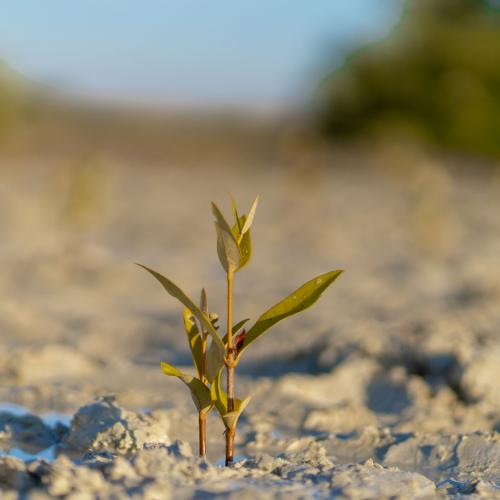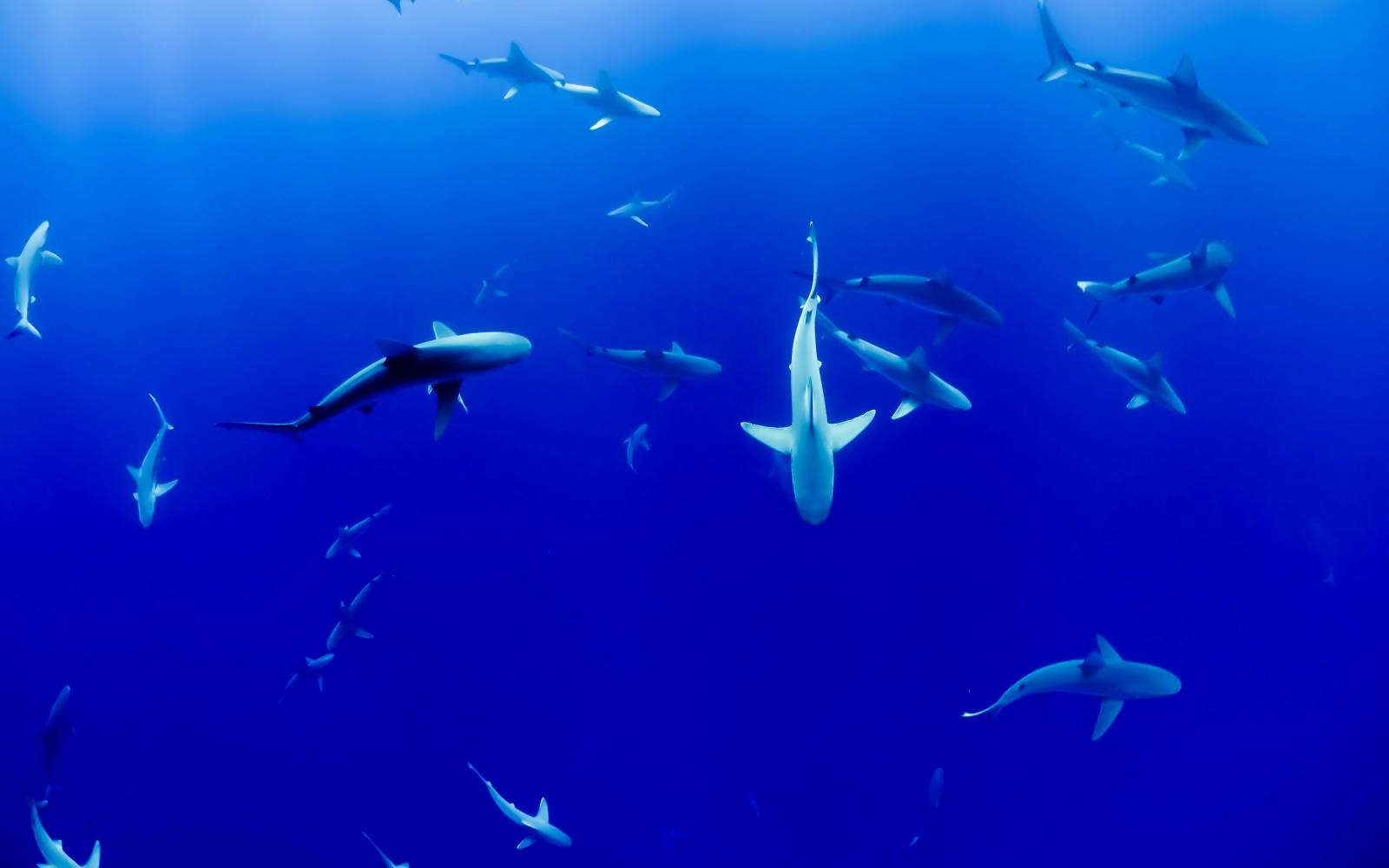
Shark Awareness Day: A Call to Action
Sharks, generally portrayed as the villains in movies, are actually closer to the guardians of the marine ecosystem. It is time that society re-evaluates this perspective and helps to ensure their survival. 14 July is Shark Awareness Day, an important day created to recognise, raise awareness for and dispel myths about sharks.
We humans pose more of a threat to sharks than they do to us, with around 100 million sharks killed yearly. If people are lucky enough to see a shark up close, we may start to realise how misunderstood they are. I have fortunately had the experience of swimming with sharks while scuba diving, and the encounter opened my eyes to how peaceful and graceful they are.

Why must we protect the ocean’s most fearsome apex predator and their vital, by Nuha Mohideen, Youth Ambassador for Nature
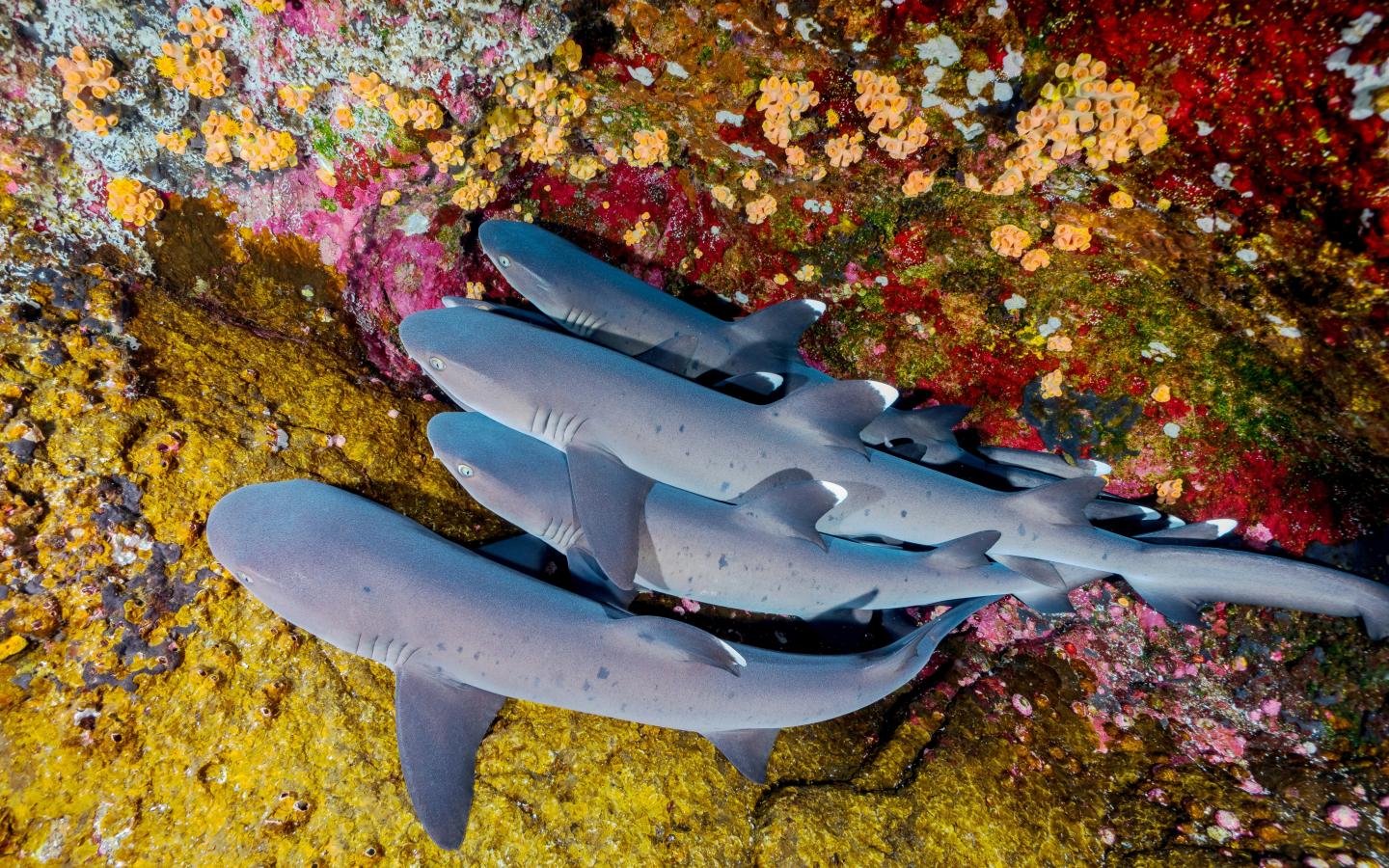
Gray Sharks, photo by Francisco Jesús Navarro Hernández
Research shows humans are more likely to get injured through a lawn mower accident then through a shark attack.
Sharks, belonging to a group of fish classified as elasmobranchs, encompass over 1200 species. Tragically, over one-third of these species are now endangered. The history of sharks is equally captivating, with their fossils dating back over 420 million years, predating even dinosaurs and surviving the last major extinction event.
As apex predators, sharks play a key role in maintaining the balance of other marine species' populations. Their feeding prevents fish populations from growing too large and keeps fish populations healthy by consuming the sick and injured, thereby enhancing the genetic pool by stopping those fish from reproducing. Sharks' scavenging behaviour assists in removing organic material from the environment, facilitating the nutrient cycle.
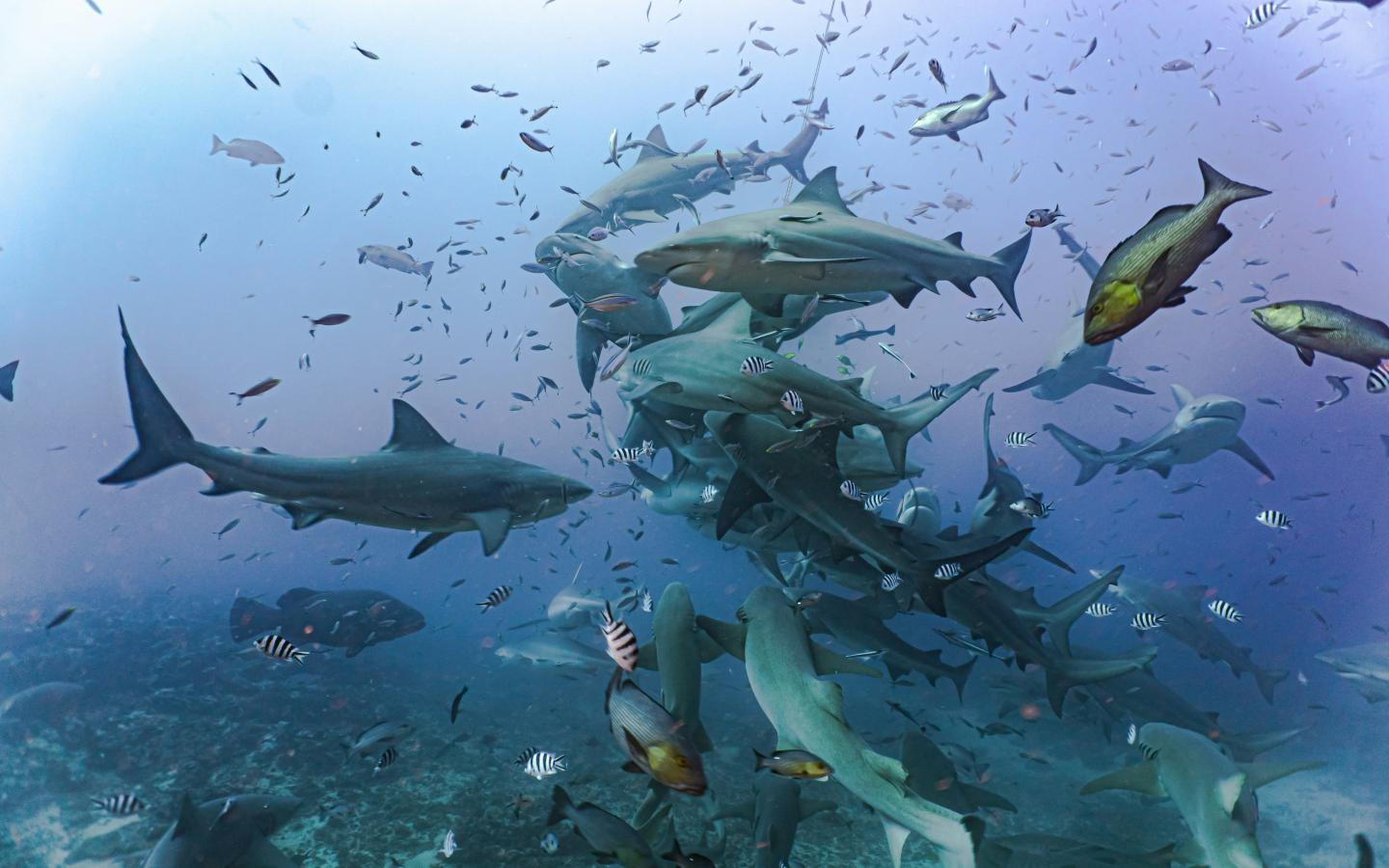
Photo by Johnny Africa
Did you know sharks keep coral reefs healthy?
Sharks contribute significantly to the survival of these critical ecosystems by hunting fish that overgraze on coral. In turn, healthy coral reefs provide a habitat for various marine species and shield coastal areas from storms. However, the concerning decline of reef sharks (60–75% below expected) as the consequence of overfishing has been documented by a research study led by Colin Simpfendorfer at James Cook University in Australia.
Sharks, despite their significance, are under severe threat. Millions of sharks are slaughtered annually for their fins, which are used to make shark fin soup, a delicacy in some cultures. Additionally, as bycatch in commercial fishing operations, some sharks are unintentionally caught and killed. This situation demands immediate attention and action.
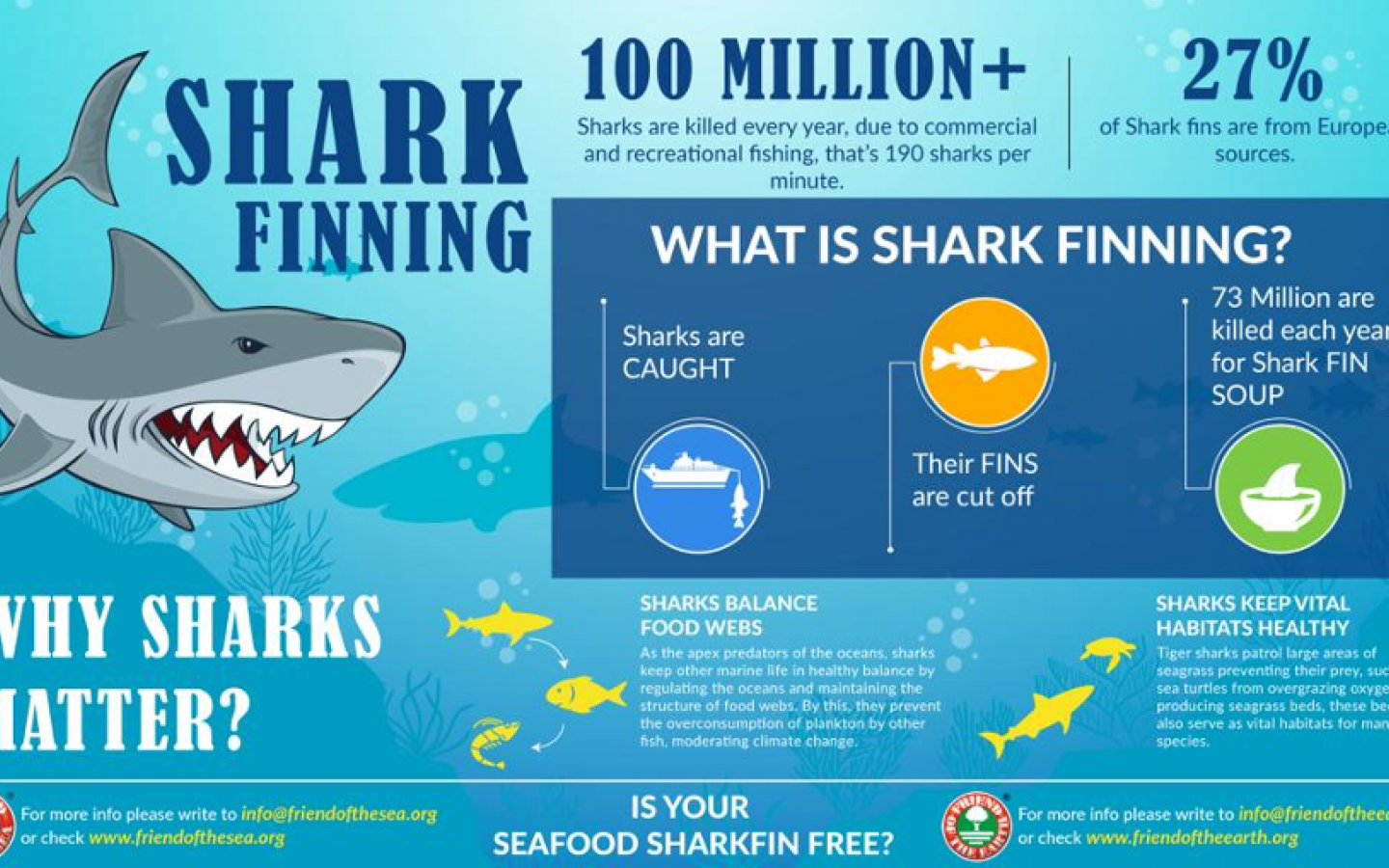
What Can We Do?
Overfishing is the primary reason the global shark population is declining. A key solution would be implementing trade regulations and practising responsible fishery management. These strategies will protect vulnerable species and help combat the population decline. We can help contribute by checking for certification on seafood while shopping to ensure it has been sustainably sourced.
Educating and advocating for sharks' importance can help spread knowledge about their crucial role in the ocean—which is why days like Shark Awareness Day are so important!
Avoid using single-use plastics and participate in local beach clean-ups. The Marine Megafauna Foundation has discovered that an estimated 540 plastic fragments are consumed by sharks in the Mediterranean Sea per hour, which can lead to internal damage and blockages from consumption, which can be fatal. A great way to take action is by joining a clean-up in the UAE through the Leaders of Change initiative!
Shark Awareness Day reminds us that we must take action to protect these remarkable creatures. It is now in our hands to take steps to keep them safe through raising awareness and advocating for them. The time has come to change the narrative, for us to respect sharks for their essential role in the ocean and not as villains portrayed by the media. Together, let us maintain the health and stability of our oceans and the sharks that inhabit them.


